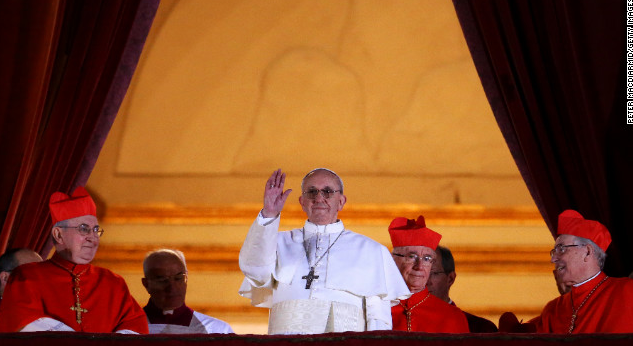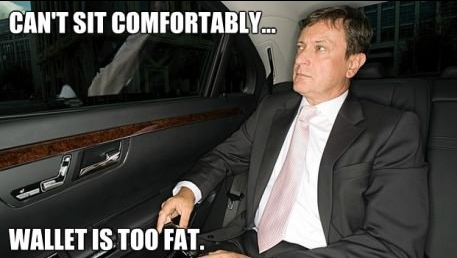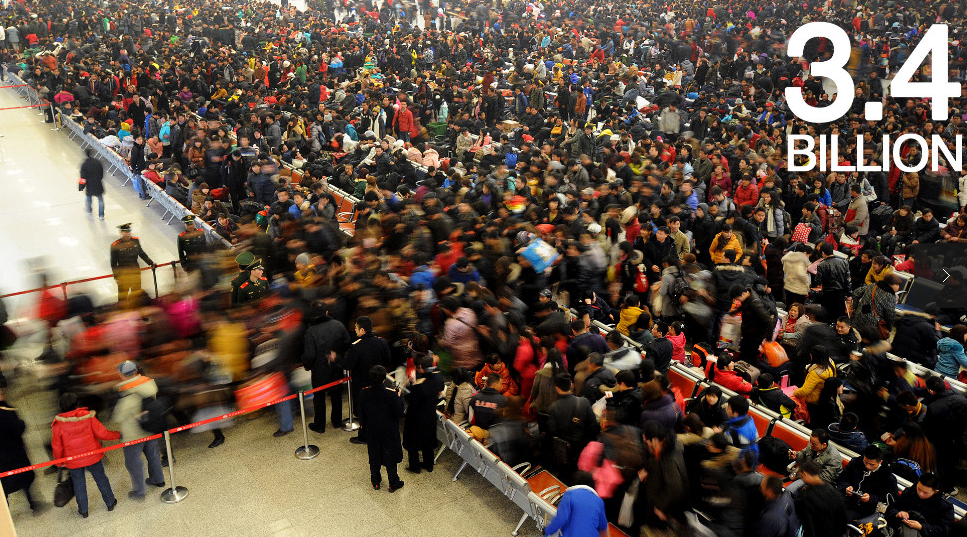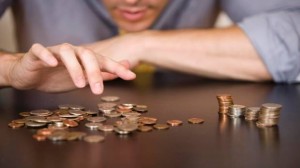The photo above, taken from this article in The Province, depicts some of the ‘winners’ and ‘losers’ we can expect with the impending abandonment of the Harmonized Sales Tax (12%) in British Columbia, and our reversion back to the combined Provincial Sales Tax (10%) and the Goods and Services Tax (5%). Kent Spencer humorously describes the potentiality of both costs and benefits as a result of this province-wide tax shift: “A pint of beer will cost a few cents more on April 1, but the pain will be eased by cheaper chips and pop.” There is not much I have to say about the changes that will take place; the pictorial above does a pretty good job of summarizing what will be affected (either positively or negatively) and what will remain the same. For more information about what’s taxable and what’s not under the reimplemented GST/PST system, the Government of Canada provides an exhaustive list. How do you feel about the changes ahead? I, for one, will probably let a 3% tax increase affect my wine consumption.




